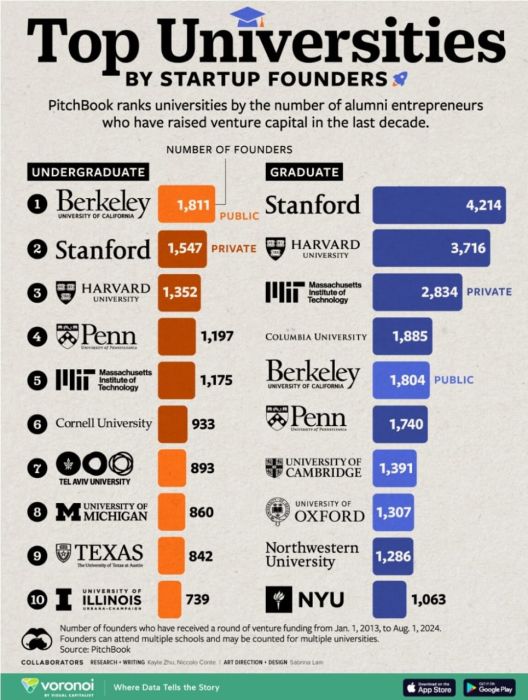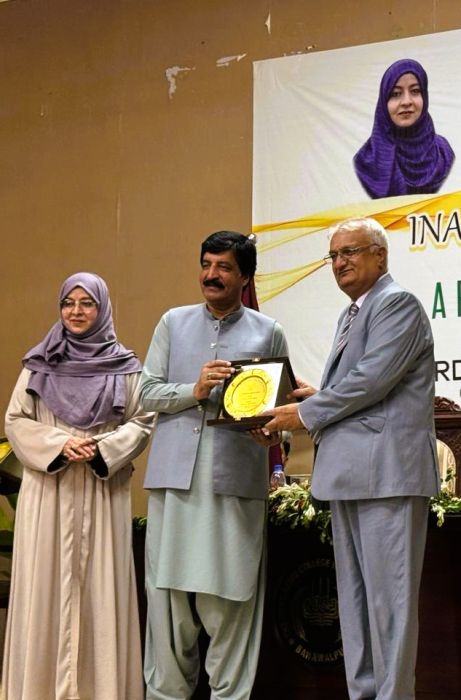The Age of Digital Amnesia: Are We Forgetting to Remember?
Posted 1 year ago
The need to retain information through memory is rapidly fading in an era where the internet and generative artificial intelligence govern our daily lives. Once upon a time, travelers relied on past experiences to navigate unfamiliar terrain, and at night, the stars served as celestial guides. Those days are gone. Today, sophisticated navigation tools ensure we never have to use our brains with directions. But at what cost?
The human body thrives on use. Muscles strengthen with exercise; cognitive abilities sharpen through mental engagement. When unused, atrophy sets in. The same principle applies to memory. The growing dependence on AI-driven tools like ChatGPT and DeepSeek threatens to render natural memory retention obsolete, promoting what experts call 'cognitive laziness '. For instance, when was the last time you memorized a phone number or a recipe, instead of just looking it up online?
Scientific research now points to alarming trends. Studies indicate that relying on virtual navigation skills contributes to a decline in spatial memory. Scientific studies have found that participants who frequently used GPS navigation systems showed a significant decrease in their ability to recall spatial information compared to those who relied on traditional maps. The internet has morphed into a surrogate memory, replacing organic recall with instant digital retrieval. This dependency is not without consequences. The trio of computers, the internet, and generative AI is leading humanity down a path where memory may become a relic of the past.
Academics are deeply concerned about a potential future where scholars may produce groundbreaking papers with minimal comprehension of their work. AI-powered writing tools can assemble meticulously crafted research, yet users may engage less in the intellectual rigor of learning and synthesis. This trajectory could lead to a significant loss of genuine human intellect and innovation. The question that looms is, what will become of our intellectual prowess if this trend continues?
This is not a call to abandon technology, but a plea for balance. The tools meant to enhance our cognitive capacities should not supplant them. We must cultivate habits that reinforce memory and critical thinking. Reading, active discussion, and problem-solving must remain at the core of education and daily life. It's all about finding the right balance in our tech use.
The future of human cognition and cognitive skills is at a critical juncture, dependent on how we interact with technology. We must act now to ensure that we do not lose the essence of our cognitive abilities.





